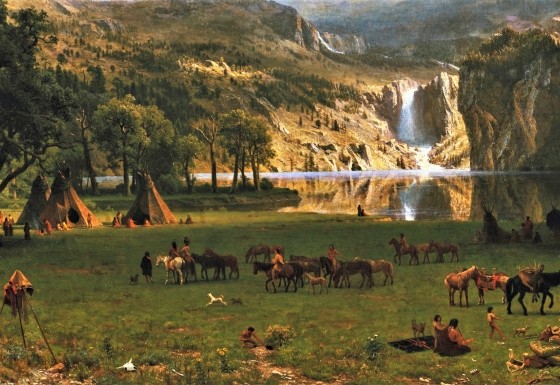The history of the relationship between Native Americans and the United States is fraught with turmoil, violence, and resentment. From the first contact with Europeans, Native Americans responded to white encroachment with wariness, opposition, and armed conflict. The U.S. government often responded with forced removal of Native Americans from their lands and forced assimilation of Native Americans and their culture, which led to social and political convulsion across the country. To the present day, the relationship between Native Americans and the United States is largely unsettled. For students and scholars seeking an understanding of this complex and contentious relationship, Native American Documents: The Federal Record provides more than three centuries of important background and context.
Over 20,000 documents in the collection include resolutions, committee reports, legislative proceedings, court cases and more from 1789 to 1994. These detailed accounts of governmental policies, treaties, and correspondence are essential for understanding the challenging and complex political landscapes throughout this period.
Foundational documents for research and teaching
These primary sources are indispensable for researching the history of Native American interactions with both the federal and state governments and for understanding the evolution of those relationships. This archive contains wide-ranging perspectives on many topics such as congressional boards, commissions, and committees, cultural practices and beliefs, assimilation, Native American sovereignty, education policies, reservations, society and customs, economics and trade, treaties, wars and conflicts, and much more.
Fully searchable and expertly catalogued
The resolutions, committee reports, legislative proceedings and court cases in Native American Documents: The Federal Record are derived from the American State Papers collection and the U.S. Congressional Serial Set, including the House and Senate Journals and the Senate Executive Journals. Each has been digitized from the original hard copy volumes, expertly catalogued, and indexed. An intuitive interface allows users to construct searches or use suggested searches that provide highly relevant results across a broad range of topics. And with Readex Text Explorer, digital humanities scholars and students can analyze text using data visualization tools like term clustering, frequencies, and trends to view patterns and associations in a single work or across multiple selections.






